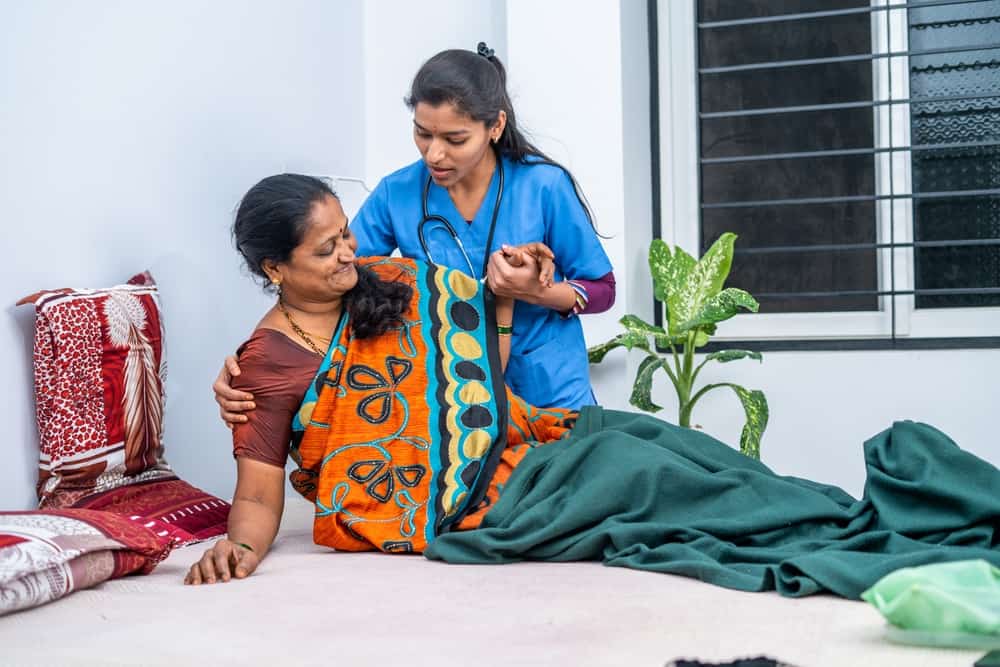Enhancing Healthcare Access: The Role of Registered Nurse Services in Bangladesh
In Bangladesh, access to quality healthcare remains a pressing issue, especially in rural and underserved areas. However, amidst these challenges, registered nurse services stand as a beacon of hope, playing a crucial role in improving healthcare delivery across the country.
Registered nurses (RNs) are highly skilled professionals trained to provide a wide range of healthcare services, including preventive care, treatment, and patient education. In Bangladesh, they serve as frontline caregivers, working tirelessly to address the diverse healthcare needs of individuals and communities.
One of the primary contributions of registered nurse services in Bangladesh is their role in primary healthcare delivery. RNs are often the first point of contact for patients seeking medical assistance, offering triage, basic treatment, and referrals as needed. This plays a vital role in reducing the burden on overwhelmed healthcare facilities and ensures timely access to care for patients, particularly in remote areas where access to doctors may be limited.
Moreover, registered nurses play a pivotal role in health promotion and disease prevention efforts. Through community outreach programs, they educate the public on various health issues, such as hygiene practices, vaccination campaigns, and family planning methods. By empowering individuals with knowledge and resources to maintain their health, RNs contribute significantly to the overall well-being of communities.
In addition to their clinical duties, registered nurses in Bangladesh also serve as advocates for patients’ rights and healthcare equity. They work collaboratively with other healthcare professionals and policymakers to address systemic barriers to healthcare access, such as affordability, infrastructure limitations, and cultural stigmas.
Furthermore, the COVID-19 pandemic has underscored the indispensable role of registered nurse services in Bangladesh’s healthcare system. RNs have been at the forefront of the pandemic response, providing critical care to infected patients, conducting contact tracing, and administering vaccinations to curb the spread of the virus.
In conclusion, registered nurse services play a vital role in enhancing healthcare access and delivery in Bangladesh. Through their clinical expertise, community engagement, and advocacy efforts, RNs contribute significantly to improving health outcomes and advancing the well-being of the population. As Bangladesh continues its journey towards achieving universal healthcare coverage, investing in and empowering registered nurse services will be key to overcoming existing healthcare challenges and ensuring a healthier future for all.




